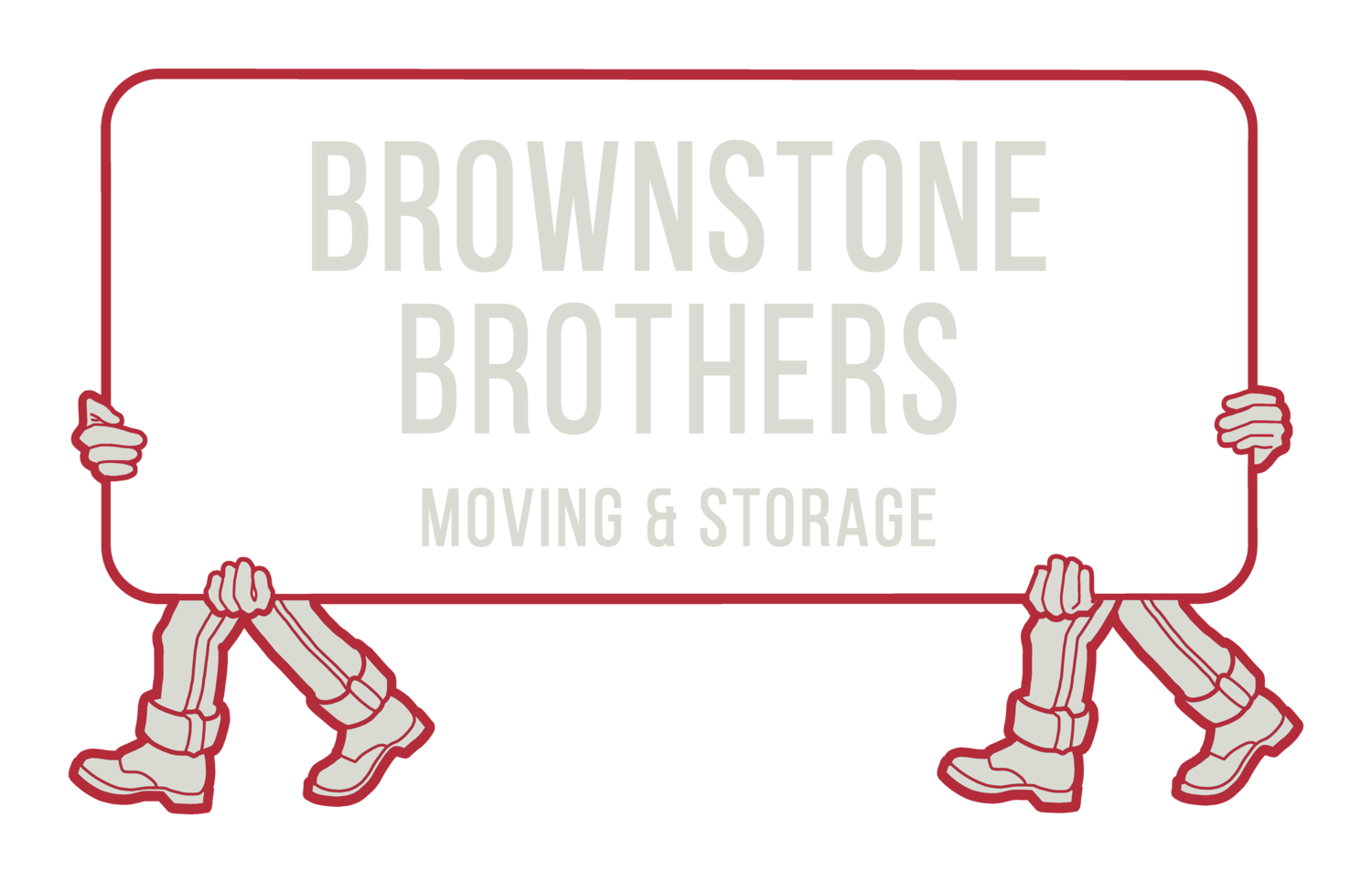The practice of tipping has a dark origin: During Reconstruction, tipping was used as a means of control and underpayment. Today, 150 years later, it has evolved into something essentially different, i.e. a branch of the underground economy. If you are planning to move your house in Manhattan, you might wonder if tipping is expected for the moving services drivers and helpers.
Service jobs in Manhattan and other parts of NYC, like moving jobs, taxis, Uber, etc. generally provide a minimal living wage. In order for the employee to bridge the gap between payroll and reality, he or she must rely on tips. For cab drivers, for example, tips are expected, as you can see from the screen that indicates the trip charges. Some restaurants charge tips automatically. Many people pay these tips in cash. It must be known to the IRS that cash tips are rarely included in tax returns. In the case of cash, both customer and worker assume spontaneously and subconsciously that they are dealing with a different form of the economy; to be blunt, they are dealing with an “accepted” form of the underground economy.
In almost all local moving companies in Manhattan, the employees expect tips. This is a harsh truth for the customer, for, to take an arbitrary but not totally unreasonable number, 15% of a moving bill can be hundreds of dollars. To not give a tip, indicates that the customer is dissatisfied or comes from Europe or some other place where the tipping is low or non-existent. Brownstone Brothers pays among the highest wages in the city, but its employees have the same expectations as other moving workers throughout the state. The recommended range of tipping is $5 to $10 per mover per hour.
If you are using movers in Manhattan or Brooklyn in New York City, we suggest that you tip the mover if they have made your move easy and less stressful.
Still have questions about tipping? Call us!
Phone: (718) 665-5000
